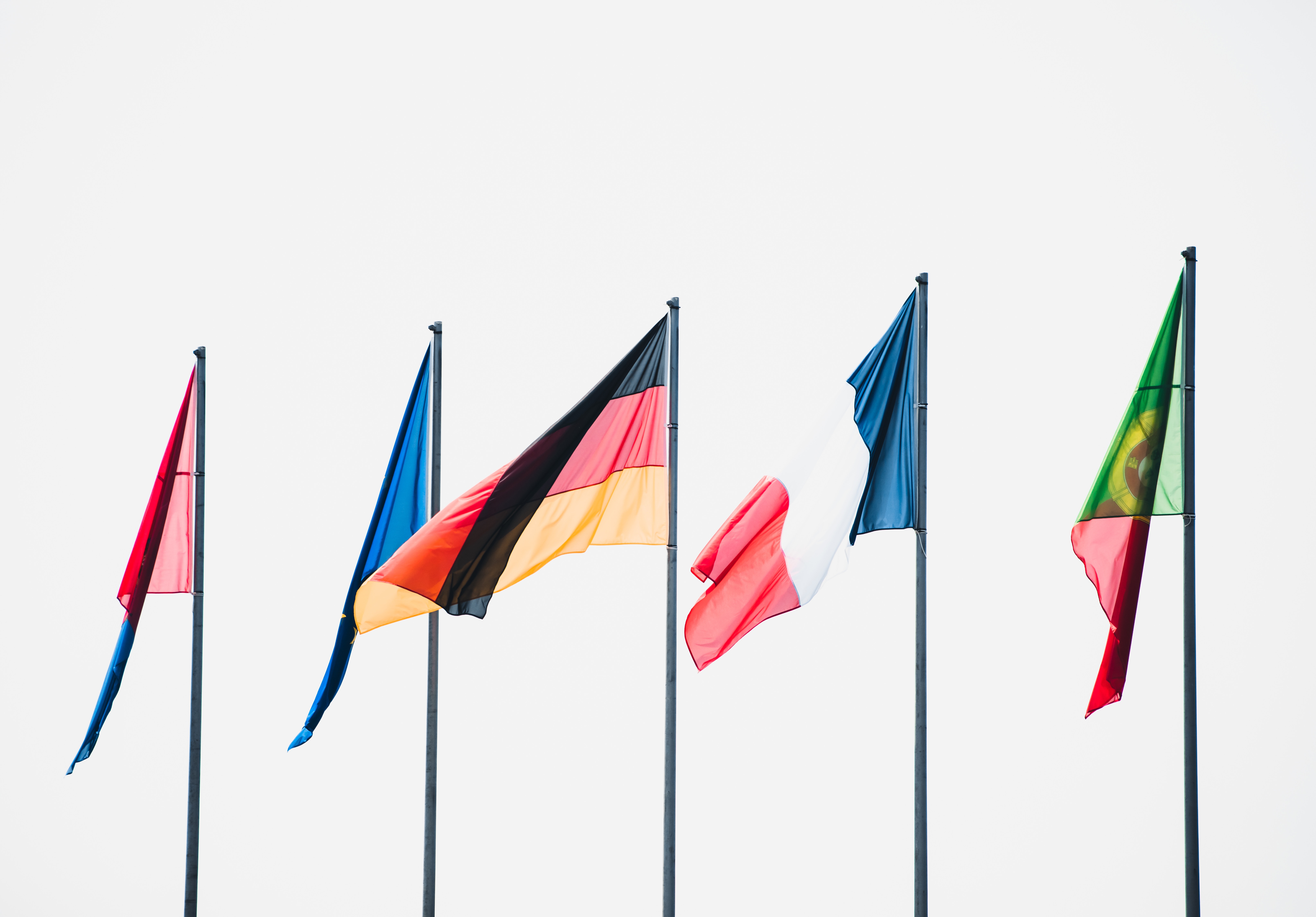
Written by Elodie Arpa, Ambassador to Austria
“The European Union is the perfect scapegoat”.
National politicians travel to Brussels to vote on legislative proposals of the European Commission. They debate these proposals and modify them. To enact a law, a qualified majority of ministers of the Council of the EU has to agree on it. This means that 55% of member states representing more than two-thirds of the European population have to be in favour of the legislation.
Still, when the ministers fly black to their home countries, the stories they tell in press conferences and national media channels are very different. “The bureaucrats in Brussels have imposed these laws on us”, is what they say. “It’s the nasty Commission’s fault” And after dragging the EU into the dirt, they close by presenting themselves as national heroes: “We tried to stop them, you know.”
No wonder people see the European Union as an undemocratic, elitist group of eurocrats!
We talk about the EU as if it was something abstract, something far away and something too complex to understand. Before telling students why the European Union was created in the first place, we let them learn the functioning of its institutions by heart. Then we ask: “What do we benefit from the EU?”
It’s time to change our perspective!
We have to stop viewing the EU as them in Brussels and start understanding, that they are our elected politicians, our elected representatives. We have to stop asking what the EU is doing for us and start understanding that we are the European Union. And how we can shape it.
So let’s be clear here: The European Union is not perfect, and it is far from it. Behind every claim and cliché, there is some little truth and room for improvement.
But to see the whole picture, we also have to talk about the grand successes of the European Union we now live in. After centuries of bloodshed we now live in peace. For young people, this may seem self-evident but we just have to look around us or move backward through pages of history books, to see that it is not. The EU has given us the freedom to travel freely, to study, work and live abroad. It has relentlessly enforced human rights and is now representing our common interests on the international level as we could not do it separately as small countries.
In today’s society, something broken doesn’t get repaired anymore. It gets thrown away. Destruction is always easier than advancement. And there’s no better example for a policy of refusal and negativity than the Brexit. Europe isn’t perfect, that’s right. Now, let’s improve it, not destroy it!
Firstly, we have to change the perspective from which we look at the EU. This can only be achieved by establishing a European public sphere. If there is no direct communication between the European Union and its citizens, no wonder that the EU feels far away to them. TV channels, social media presence, and events organized in rural areas would be possible measures to address this problem. In today’s world of highly professional political marketing and message control, the European Union can no longer exist without a public sphere of its own. Only be presenting itself as modern, as informative and intriguing, by doing this the EU will find its place in the center of society and its youth.
As, the European Parliament elections – as they will take place in May this year – shall become supranational by the true sense of the word. As an Austrian one should not only be able to vote for Austrian politicians but for French or Estonian candidates, too. This would increase the feeling of European identity for EU-citizens. Also, it would make the Parliamentarians feel responsible for Europe as such and prevent nationalist tendencies.
Lastly, we have to start a conversation about Europe, not only in parliaments and think tanks but in schools, at work, around dinner tables, and on picnic blankets. Claims such as “Europe is undemocratic” may technically be false. But they express that people feel left out and insignificant. Therefore, they have to be taken seriously and be acted upon.
Today, the European Union is the perfect scapegoat, not only for politicians. But it doesn’t have to stay this way!

 The ’Ndrangheta’s Infiltration and Threat to European Institutions
The ’Ndrangheta’s Infiltration and Threat to European Institutions  From Paper to Practice: How Grassroots Norms Undermine Gender Rights in Pakistan
From Paper to Practice: How Grassroots Norms Undermine Gender Rights in Pakistan  Exploited Childhoods: The Role of Global Corporations in Perpetuating and Mitigating Child Labour
Exploited Childhoods: The Role of Global Corporations in Perpetuating and Mitigating Child Labour  Human Rights Challenges in Addressing SLAPPs in Media, NGOs and Journalism in the EU
Human Rights Challenges in Addressing SLAPPs in Media, NGOs and Journalism in the EU 


